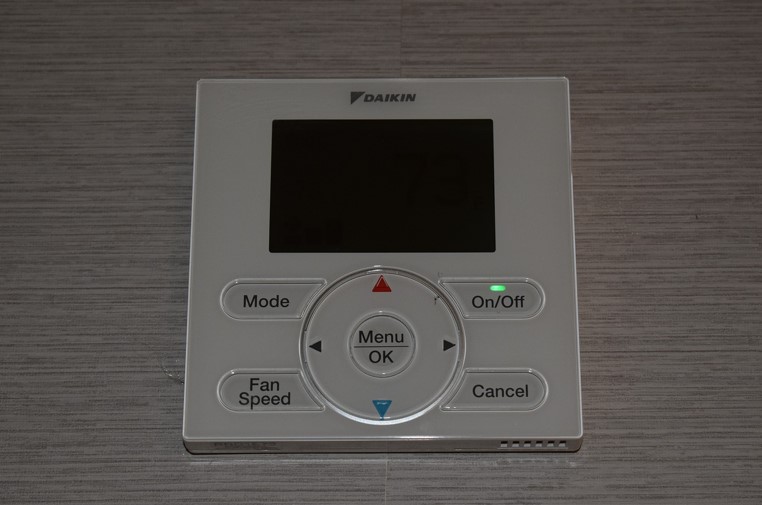Ensuring your HVAC system operates at peak efficiency is not just about maintaining a comfortable home environment; it's also about extending the life of your system to avoid costly repairs or replacements. Like any large item, an HVAC system is an expensive purchase that has to be maintained to ensure it functions well for as long as possible. This blog will guide you through practical steps and routine maintenance tips to help you prolong the life of your HVAC system, enhance its efficiency, and ensure it provides a comfortable indoor atmosphere year-round.
Work With Experts
One of the most crucial steps in extending the life of your HVAC system is to work with professional HVAC contractors for regular maintenance and any repairs that might arise. Professionals bring a deep understanding of the intricacies of HVAC systems, including the latest models and the most efficient techniques for maintenance and repair. The team behind Aquarius Home Services says that by having experts inspect and service your system at least once a year, preferably before the heating or cooling season begins, you ensure that any potential issues are identified early and resolved promptly. This not only prevents minor problems from becoming major, costly repairs but also ensures that your system operates at peak efficiency. Always research and choose reputable HVAC service providers who have a proven track record of expertise and reliability.
Monitoring and Adjusting Thermostat Settings
Another essential practice for extending the life of your HVAC system is monitoring and adjusting thermostat settings according to your daily schedules and seasonal changes. In this situation, a programmable thermostat may be really helpful since it enables you to configure your heating and cooling system to use less energy when the house is unoccupied and to return to a pleasant temperature when you go home.
Adjusting your thermostat by even a few degrees, especially during seasons when the HVAC system works the hardest, can significantly reduce wear and tear on the system while also lowering your energy bills. For instance, simply turning the thermostat up or down a few degrees during the summer and winter, may save a lot of money and eventually ease the burden on your HVAC system while you're not home.
Ensuring Proper Airflow and Ventilation
A key factor in extending the lifespan of your HVAC system and maintaining its efficiency is ensuring proper airflow and ventilation throughout your home. Blocked or restricted airflow can cause your HVAC system to work harder than necessary, leading to increased wear and tear on the components and potentially shortening its life. Regularly inspecting and cleaning air vents and registers is crucial. Make sure furniture, curtains, or other household items do not obstruct them.
Additionally, it's important to replace or clean the air filters in your HVAC system regularly. A dirty air filter can significantly impede airflow, forcing your system to expend more energy to maintain the desired temperature. Most experts recommend checking your air filters monthly and replacing or cleaning them at least every three months. For homes with pets or individuals with allergies, more frequent changes may be beneficial. Improving home ventilation can also help, such as using exhaust fans in the kitchen and bathrooms to remove excess moisture and heat, which can reduce the burden on your HVAC system.
Sealing and Insulating Ductwork
An often overlooked but critical aspect of maintaining an HVAC system's efficiency is ensuring that the ductwork is properly sealed and insulated. Leaky ducts can lead to significant energy losses, with conditioned air escaping before it reaches its intended destination within your home. This not only forces your HVAC system to work harder, leading to increased wear and tear but also results in higher energy bills due to wasted energy.
To prevent these issues, it's important to inspect your ductwork regularly for any signs of leaks or damage. Use mastic sealant or metal tape to seal any leaks or holes in the ductwork. Avoid using duct tape, as it tends to peel off over time, leading to an incomplete seal. Additionally, insulating your ductwork, especially in areas like attics, basements, and crawl spaces that are not temperature-controlled, can help maintain the temperature of the air flowing through the ducts, further increasing the efficiency of your HVAC system.
By addressing these two key aspects — sealing leaks and insulating your ductwork — you can significantly reduce energy loss, lower your utility bills, and extend the life of your HVAC system. This proactive approach not only saves money in the long run but also contributes to a more environmentally friendly and efficient home heating and cooling system.
In conclusion, taking a proactive approach to maintaining your HVAC system can significantly extend its life and improve its efficiency. Working with professionals, monitoring and adjusting thermostat settings, ensuring proper airflow and ventilation, and sealing and insulating ductwork are all crucial steps in this regard. By using these suggestions, you'll be able to prolong the comfort of your home environment while also saving money.










